Originally published Aug 2, 2023 4:51:36 PM , updated January 31, 2024
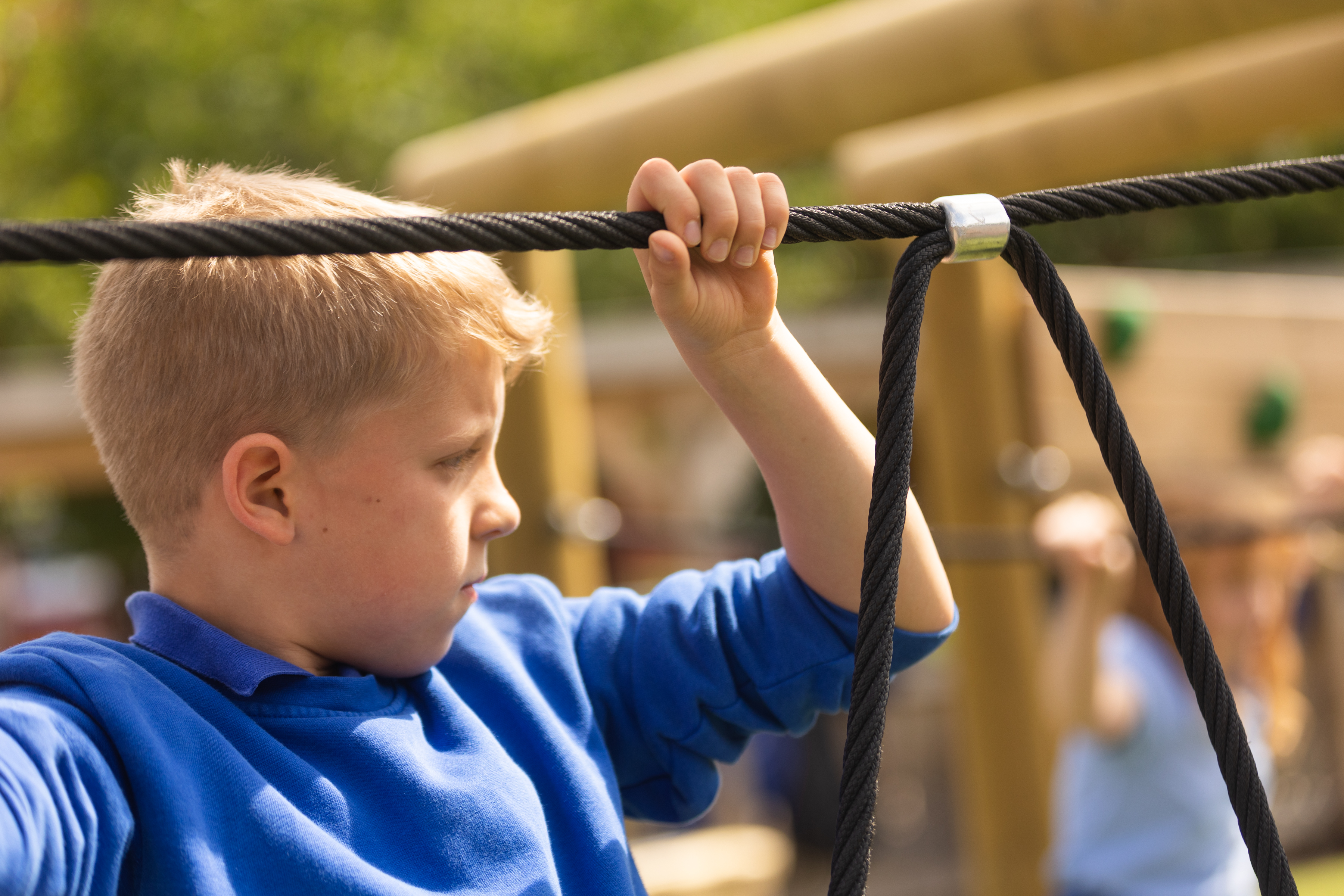
Artificial grass, often referred to as Just Like Grass, Play Grass, or Astroturf, has become a popular choice for surfacing playgrounds. However, concerns about its environmental impact are commonly raised, given that it is a plastic product. In this blog, we aim to explore the question, "Is artificial grass bad for the environment?" by delving into its environmental benefits and the sustainable aspects that are often overlooked.
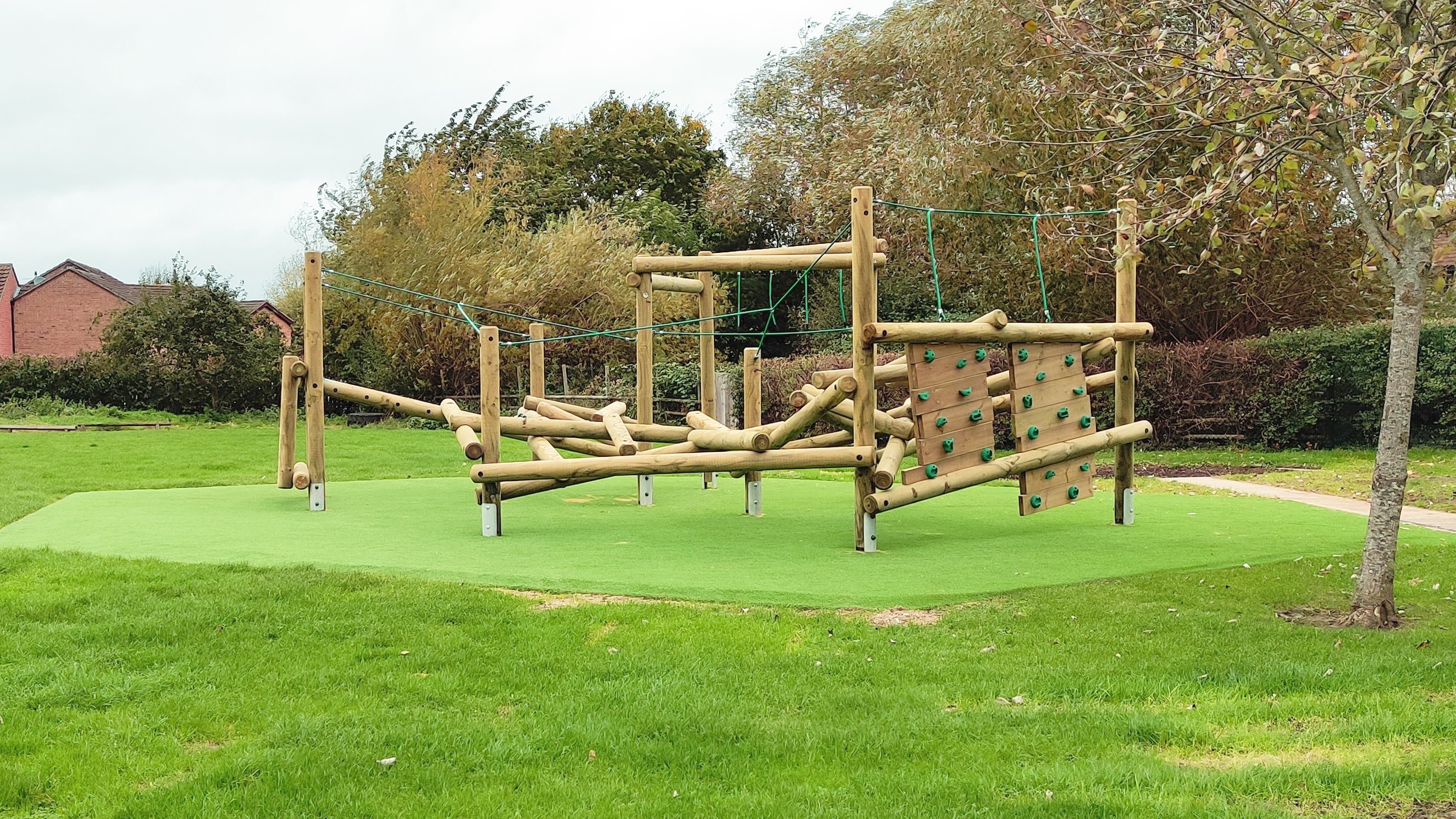
Protecting Natural Spaces
One of the significant environmental advantages of artificial grass in playgrounds is its role in protecting natural grassy areas. Natural grass is vital for supporting wildlife and biodiversity. However, high foot traffic can quickly wear down and compact these spaces, rendering them unsuitable for play and negatively impacting plant and animal life. This can also lead to soil erosion during heavy rain, further deteriorating the environment.
By incorporating artificial grass in high-traffic areas, schools can allow natural grass to recover and thrive in protected spaces. Artificial grass provides a durable and resilient surface, minimizing wear and tear while still providing a safe and attractive play area for children. This approach strikes a balance between natural and artificial play spaces, benefiting both the environment and the school.
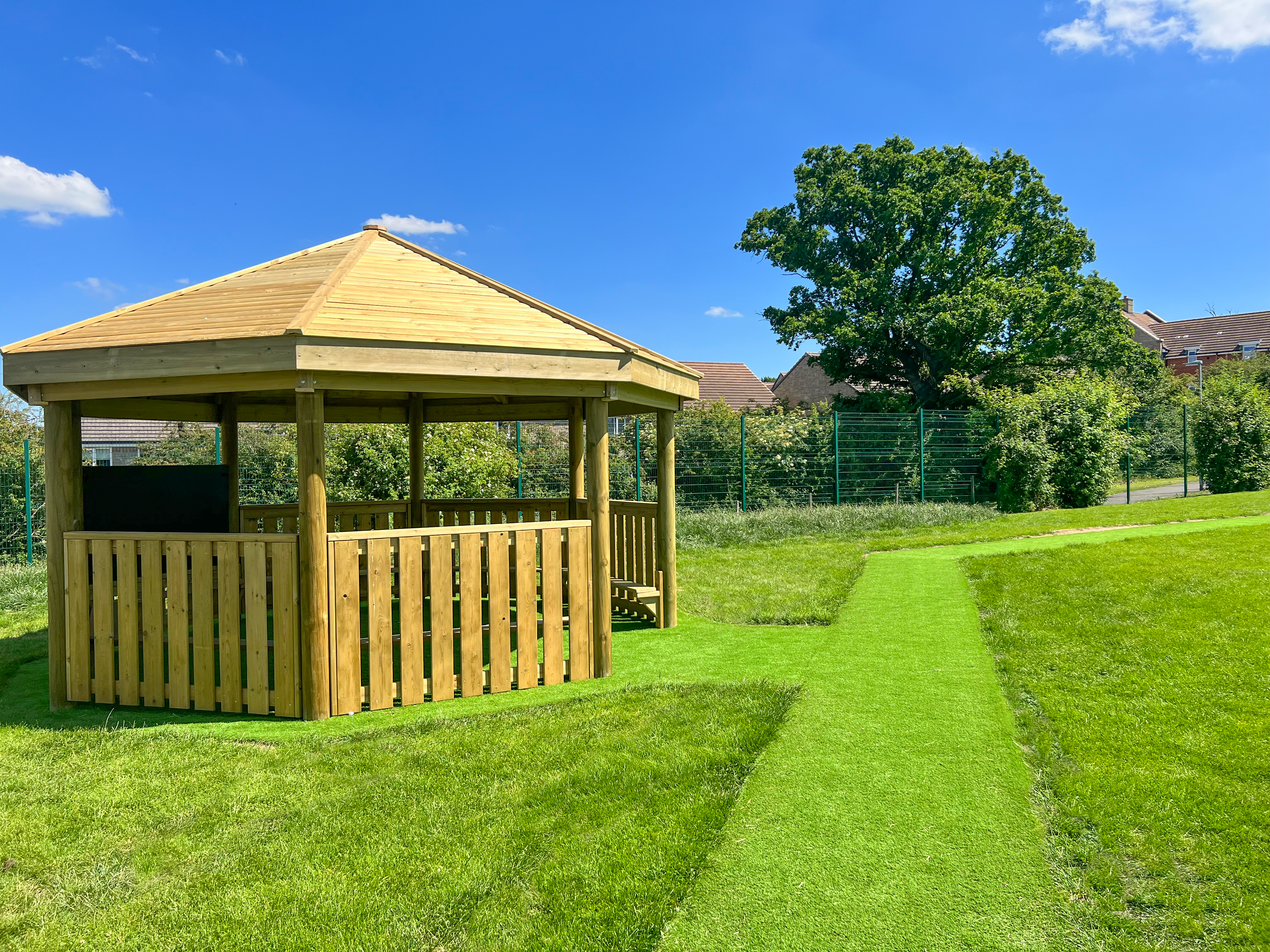
Maintenance and Sustainability
Another aspect to consider is the maintenance and sustainability of artificial grass compared to natural grass. Maintaining natural grass requires regular mowing, watering, fertilizing, and pest control, which can consume significant resources, including water and chemicals. Artificial grass requires minimal upkeep, with occasional sweeping and jet washing being the primary maintenance tasks. Additionally, the use of weed killers on artificial grass, while possible, also has environmental implications. The low maintenance requirements of artificial grass contribute to water conservation and reduced chemical usage, making it a more sustainable option for schools and playgrounds.
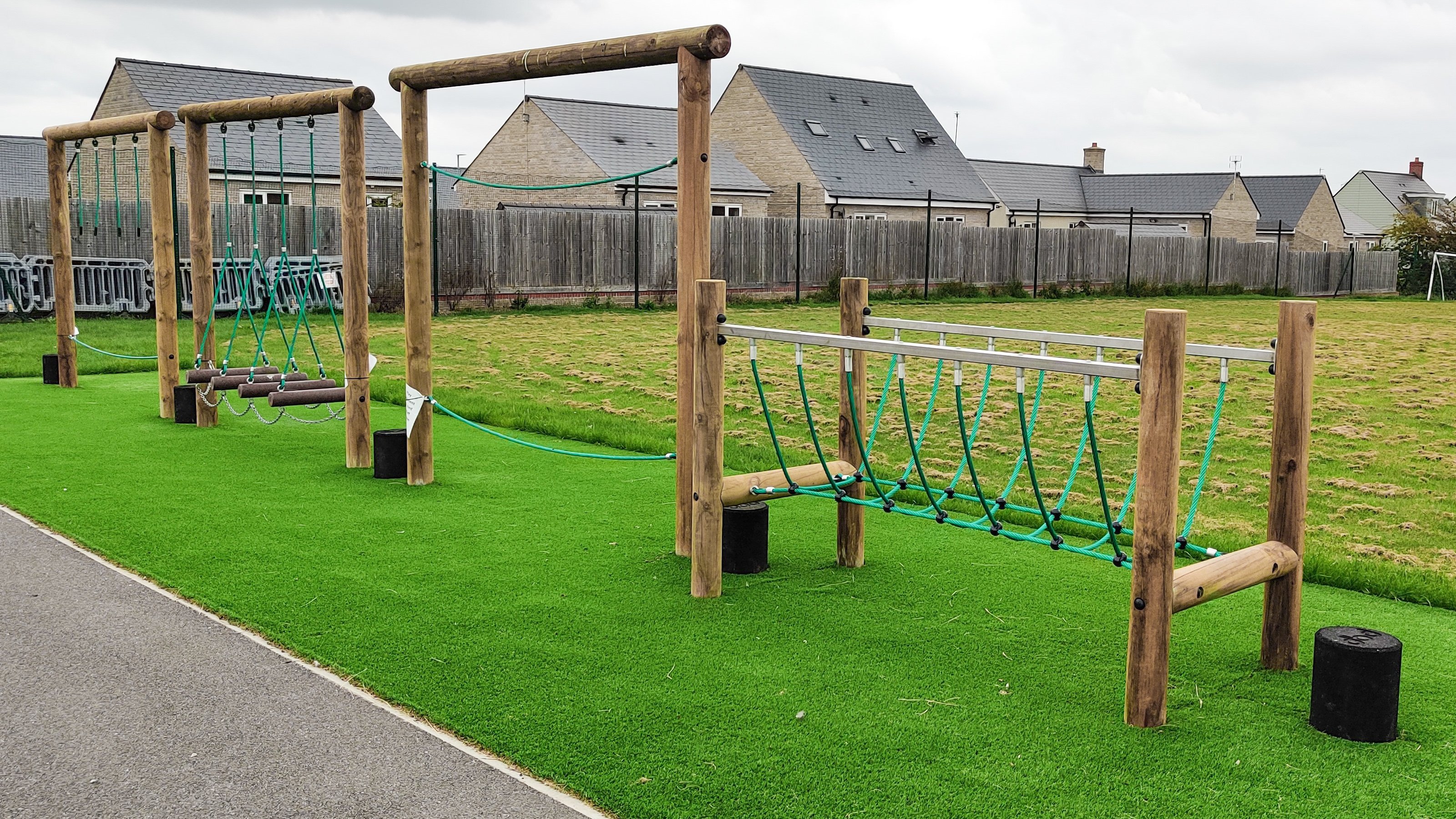
Drainage and Water Management
Artificial grass offers an eco-friendly drainage solution in playgrounds. Its porous nature allows rainwater to seep through into the subsoil, preventing surface runoff, which is common with non-permeable surfaces like tarmac or concrete. Non-permeable surfaces contribute to water loss directly into drainage systems, which can lead to flooding if drains are blocked.
Alternatives and Future Innovations
While artificial grass presents several environmental benefits, it is essential to explore alternatives based on specific needs. Play bark, for instance, is an option used in Forest School settings but requires chemical treatment for longevity, impacting the environment.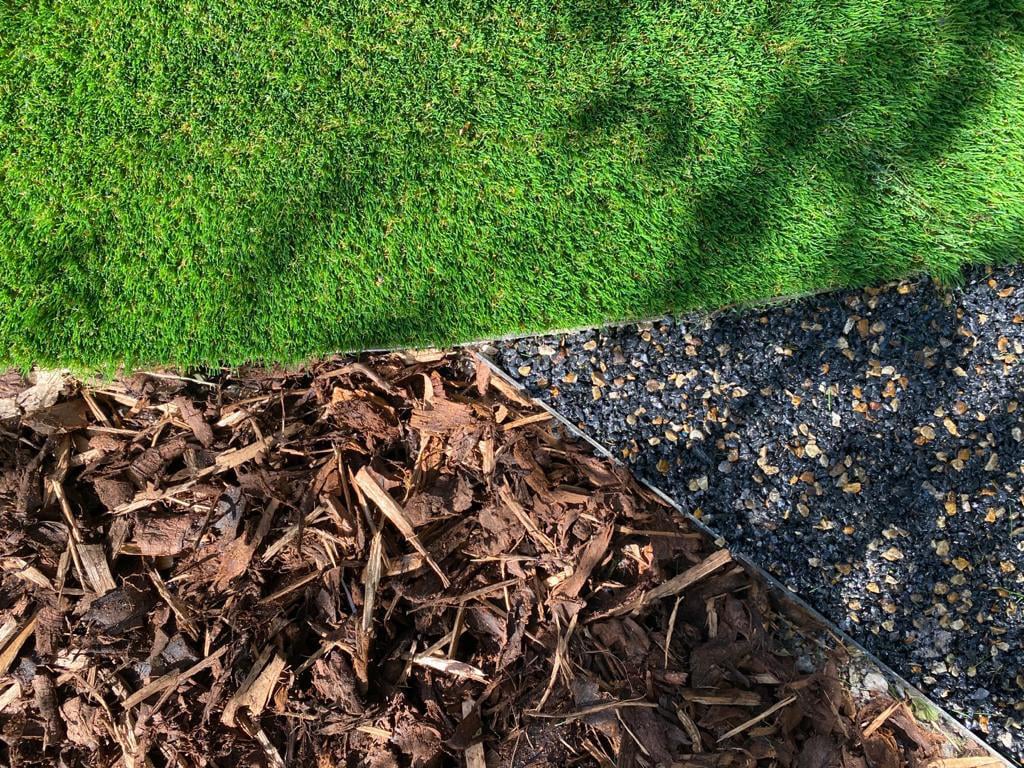
There are already positive movements towards the disposal of Artificial Grass. It is often thought it ends up in landfilll, but due to innovotive recycling technologies, all of it can be recycled.
Grass is removed in 1m squares so the sand can be removed from it and reused in new installations. In our 3G pitches, we use, and re-use the rubber which is shaken out after removal, just like the sand.
The remaining clean plastic carpet can also be recycled, further reducing its environmental impact.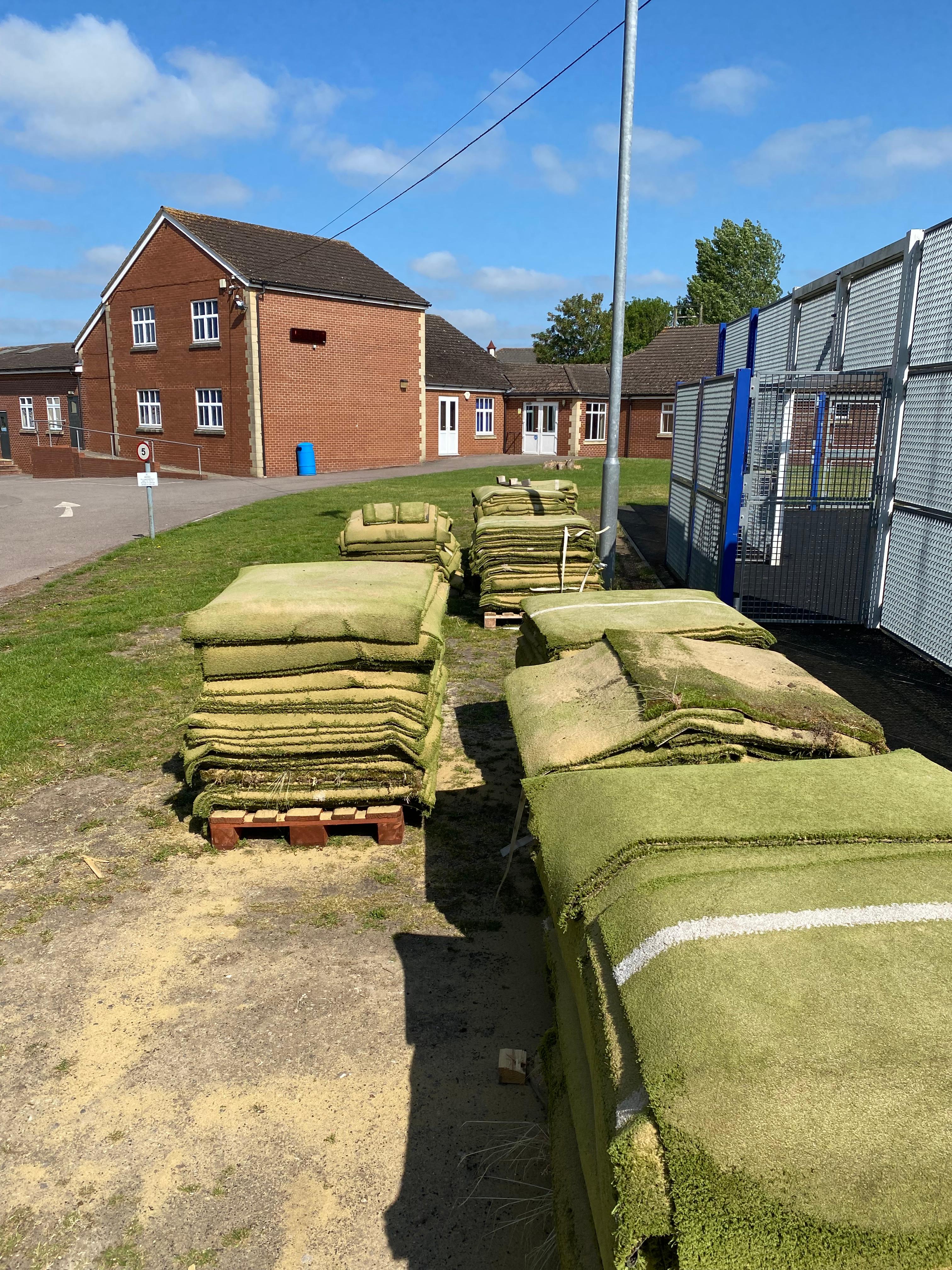
Conclusion
Originally published Aug 2, 2023 4:51:36 PM , updated January 31, 2024
WOW!
What a transformation! It looks amazing! Thank you 😊
Just spoke to the manager who is really happy with their new space 😊
The Old Station Nursery
The kids adore the new sloped area, they loved it from the first time :)
My two kids came home so excited after they first played on it.
The Vineyard School
LondonWe are delighted with our canopy and our rubber mulch path!
Hambrook Primary School
Bristol